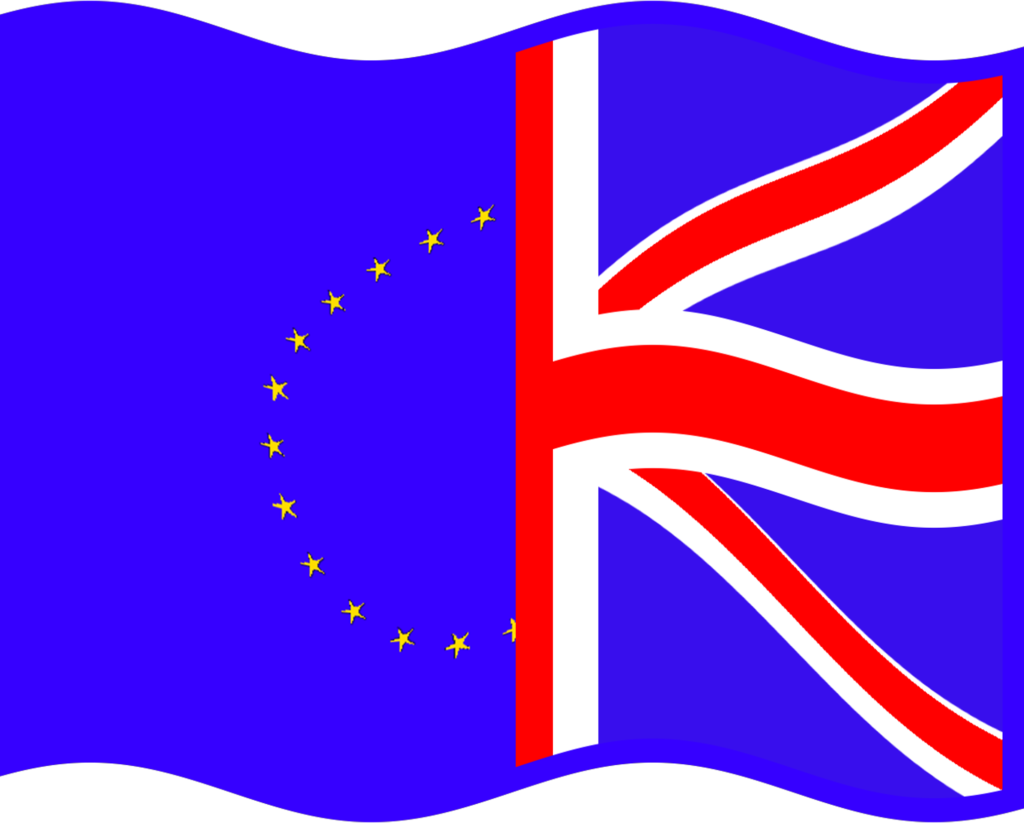UK Manufacturers optimistic on potential no-deal Brexit

The COVID-19 pandemic has caused a challenging time for society as a whole. As we swiftly approach the end of the year, another challenging time is potentially on the horizon. With the UK officially leaving the EU on 1st January 2021, there is still no sign as to whether the UK will be leaving with or without a deal.
The Made in Group sat down with a number of members who export and import from EU countries, to discuss how they feel about a potential no-deal Brexit, what this means for their businesses and what plans they have in place in case of a worst-case scenario. In summary, it seems the manufacturing sector is ready for the challenge and are not too concerned with the outcome.
The new rules set to take place on 1st January 2021 regarding international trade could massively affect UK businesses importing and exporting to the EU. The good news is that the access policy, as it stands, will not change in 2021 in regards to moving goods from Northern Ireland into the rest of the UK. However new arrangements will almost certainly affect movements into Northern Ireland from Great Britain and the EU.
On the contrary, it’s not all doom and gloom yet as the UK government is still to publish advice on tariff-rate quotas in 2020, which will be based on the UK goods schedule at the World Trade Organization.
In an arguable “worst-case scenario” if there is not a deal by the end of the year, it could mean the UK would automatically fall back on World Trade Organisation (WTO) rules. As recently reported by the BBC: “The WTO is the place where countries negotiate the rules of international trade – there are 164 members and if they don’t have free-trade agreements with each other, they trade under basic “WTO” rules.
If this is the case come 1st January 2021, it could mean that the EU would impose tariffs on imported UK goods and vice versa. This would potentially have a big impact on UK businesses selling their goods to the EU. Though trade would be freer once we leave, it may not move so easy, to begin with.
Made in Yorkshire member, Bar Products and Services is a Yorkshire based precision engineering company providing bespoke and custom parts to a variety of industries around the world. The firm is one of Europe’s major suppliers of Tungsten Carbide drawing dies with major customers in Germany, Czech Republic and Poland.
Asking what impact greater tariffs on goods entering the EU would have on the business, Glenn Rika- Rayne, Director at Bar Products and Services, said:
“We believe that this won’t have a significant impact on us as a business, personally, because most of the products that we do are bespoke in which we have a long and trusting relationship with our EU customers.
We have found that our customers are more concerned with quality over price, with instances in the past where they have looked for a cheaper alternative but did not benefit. This resulted in the customer returning to us.”
However, Glenn mentioned that EU customers stressed their concerns regarding continuing supply and the red tape that could be involved. Bar Products have plans for this in place already after putting certain staff on training regarding shipping regulations and documents. The firm also already has experience trading with other countries who aren’t single trading partners with the UK such as Malaysia and Indonesia.
Glenn Concluded:
“I do believe a lot will change, but once things have settled down it will become the new normal eventually. One of our biggest concerns is the delivery time being longer, however, we have made sure to be stocked up for any changes in procedures.”
Made in the Midlands member Brandauer, had a similar attitude towards a potential no-deal Brexit, due to existing escalation agreements which schedule a contractual review every 3 months to fix pricing for their customers. They’re bigger concern is that tariffs could make UK manufactured goods more uncompetitive in the medium term.
C Brandauer & Co Ltd is one of the largest contract presswork and stampings companies in Europe, manufacturing precision metal components and high-speed progression tooling for customers globally. Their main customers in the EU are in Germany, Italy and the Czech Republic.
Rowan Crozier, Chief Executive Officer at C Brandauer said:
“If we do become uncompetitive due to a rise in tariffs, it ultimately means we will have to look for alternative ways to trade with the EU. We already have plans in place for an exit on WTO terms. These involve careful selection of the correct SIC codes and a deep understanding of what paperwork is required throughout the supply chain.
We already export competitively to countries not within the single market, that the UK doesn’t have trade deals with, so we remain confident we can manage the risks together with our suppliers and customers. However other UK manufacturers do not have the luxury of experience.”
Ultimately amongst the members that the Made in Group spoke with, almost all were more concerned with the ongoing effects of the COVID-19 pandemic and felt that Brexit is something that they have been preparing for a while.